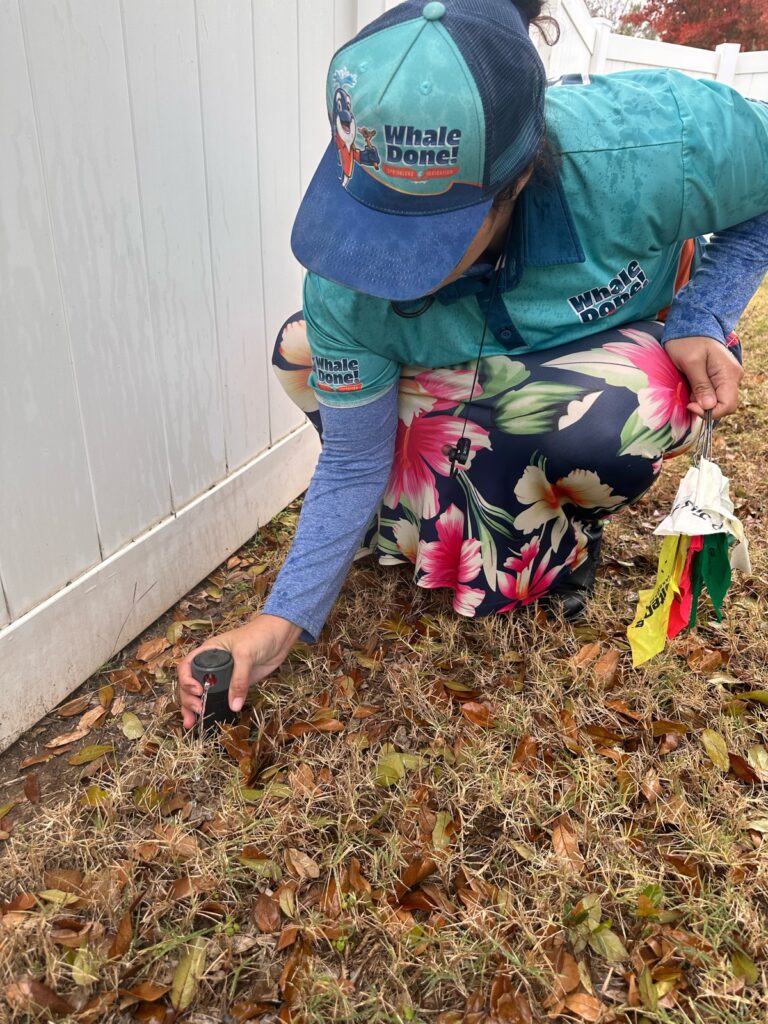A broken sprinkler system can quickly turn your lush, green lawn into a patchy, brown mess. In Plano, TX, where the summer heat can be relentless, a malfunctioning irrigation system isn’t just inconvenient—it’s a threat to your landscape’s health. This comprehensive guide will help you identify common issues, understand their causes, and determine when it’s time to call in the professionals.
Understanding the Importance of a Functional Sprinkler System
A well-maintained sprinkler system ensures your lawn receives the right amount of water at the right time. It conserves water, saves time, and maintains the aesthetic appeal of your property. However, when the system breaks down, it can lead to overwatering, underwatering, and increased utility bills.
Common Signs of a Broken Sprinkler System
Detecting early signs of a broken sprinkler system can save you from costly repairs and help maintain a healthy lawn. There are red flags in the performance of your sprinkler system. Catching these issues early helps prevent more serious damage to your irrigation system and landscape.
Here are some indicators that your sprinkler system may be broken:
1. Uneven Water Distribution
If certain areas of your lawn are greener than others, it might indicate that some sprinkler heads are clogged or misaligned.
2. Low Water Pressure
A noticeable drop in water pressure can result from leaks, clogged nozzles, or issues with the main water line.
3. Sputtering or Non-Functioning Sprinkler Heads
Sprinkler heads that sputter or fail to pop up may be damaged or obstructed by debris.
4. Soaked or Dry Patches
Overly wet or dry areas suggest that the system isn’t distributing water evenly, possibly due to broken valves or misaligned heads.
5. Increased Water Bills
A sudden spike in your water bill can indicate a leak or malfunction within the system.
Troubleshooting Common Sprinkler System Issues
Before calling a professional, there are several steps you can take to diagnose and potentially fix the problem. These simple checks can often pinpoint the problem and save you time and money.
1. Inspect Sprinkler Heads
- Clogged Nozzles: Remove and clean any debris from the nozzles.
- Damaged Heads: Replace any broken or cracked sprinkler heads.
2. Check for Leaks
- Visible Leaks: Look for pooling water or soggy areas.
- Underground Leaks: Monitor water pressure and check for unexplained wet spots.
3. Evaluate the Controller
- Incorrect Settings: Ensure the timer and settings are correct.
- Power Issues: Check for blown fuses or tripped circuit breakers.
4. Examine Valves and Pipes
- Valve Malfunctions: Test valves manually to ensure they open and close properly.
- Pipe Damage: Look for signs of wear or damage in exposed piping.
When to Call a Professional
Although you can fix some sprinkler problems with basic DIY methods, more complex issues often need professional attention. However, problems involving electrical components, underground leaks, or system-wide failures are best handled by experts. Hiring a professional ensures the job is done correctly and helps prevent further damage to your irrigation system.
1. Persistent Low Pressure
If cleaning nozzles and checking for leaks doesn’t restore pressure, there may be a more significant issue with the main line.
2. Electrical Problems
Issues with wiring or the controller’s internal components should be handled by a professional to avoid further damage.
3. System Upgrades
If your system is outdated, a professional like Whale Done Sprinklers & Irrigation can help you recommend and install modern, water-efficient components.

Preventative Maintenance Tips
Keeping up with regular maintenance is key to extending the life of your sprinkler system and avoiding expensive repairs. Sprinkler system routine inspections help catch minor issues before they become major problems. Preventative care not only improves system efficiency but also helps conserve water and protect your landscaping investment.
1. Schedule Regular Inspections
Have your system inspected at least once a year to catch potential issues early.
2. Adjust for Seasonal Changes
Modify watering schedules based on seasonal needs to prevent over or under-watering.
3. Winterize Your System
In colder months, drain the system to prevent pipes from freezing and bursting.
Choosing the Right Sprinkler Repair Service in Plano, TX
Selecting a reputable service provider ensures quality repairs and peace of mind.
1. Experience and Certification
Look for companies with certified technicians and a proven track record in sprinkler repair.
2. Comprehensive Services
Choose a provider that offers a range of services, from minor repairs to complete system overhauls.
3. Customer Reviews
Read reviews and testimonials to gauge customer satisfaction and service quality.
A broken sprinkler system can quickly compromise the health of your lawn and lead to unexpectedly high water bills. Recognizing early warning signs like uneven watering, low pressure, or malfunctioning sprinkler heads is essential to preventing further damage. Performing simple troubleshooting steps can resolve minor issues and keep your irrigation system running smoothly.
However, when problems persist or involve electrical or underground components, it’s best to call in certified technicians in Plano, TX. Timely repairs and regular maintenance not only restore efficiency but also protect your landscape investment. In Plano’s hot climate, a reliable sprinkler system is vital to maintaining a lush, green yard. By staying proactive, you can ensure your lawn remains healthy and your irrigation system performs at its best.
